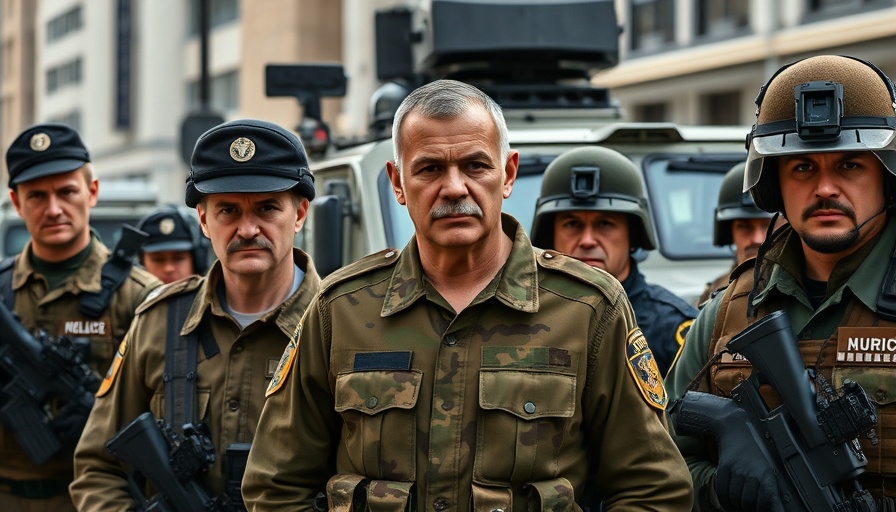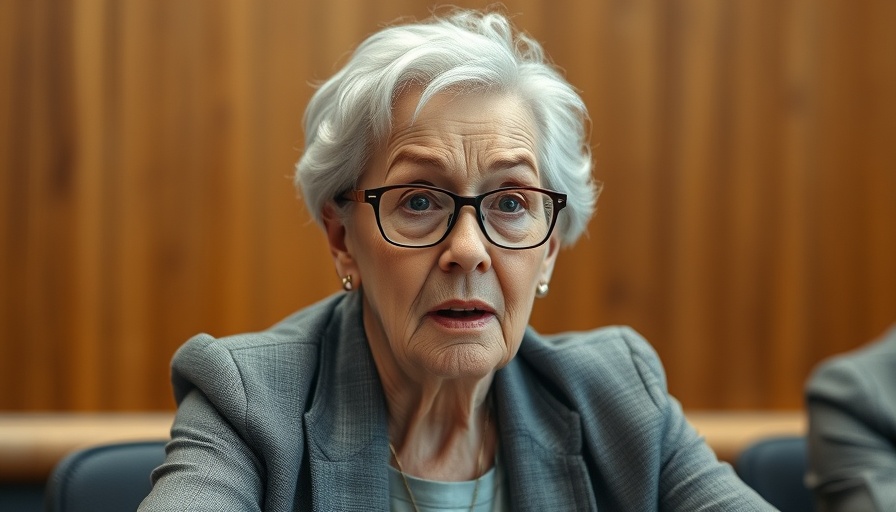
Will Federal Troops Restore Order in San Francisco?
Amid increasing tension surrounding crime and public safety, President Donald Trump recently stirred the pot by suggesting he would send federal troops to "clean up" San Francisco. Delivering remarks at the White House, Trump lambasted cities he perceives as suffering under Democratic leadership, highlighting Chicago, New York, and the Bay Area. He claimed they are plagued by high crime rates, saying, "Look at what Democrats have done to San Francisco. They’ve destroyed it. We could clean that up too. We’ll clean that one up, too." However, his assertions stand in stark contrast to local reports on the state of safety in the city.
Local Response: A Different Picture
San Francisco's Mayor, Daniel Lurie, was quick to counter Trump's narrative, emphasizing that crime rates have actually been on a downward trend for years. "My administration has made safe and clean streets our top priority, and the results are clear: Crime is at its lowest point in decades, visitors are coming back, and San Francisco is on the rise," he stated, though he refrained from mentioning Trump directly. This assertion is backed by a nationwide report from the Council on Criminal Justice, which noted that offenses in large U.S. cities have decreased in the first half of 2025 compared to similar periods pre-pandemic.
The Factors Behind Perceptions of Crime
The tension surrounding Trump’s comments speaks to a broader conversation about how perceptions of crime do not always align with reality. In densely populated cities, it's easy for narratives of chaos and disorder to take hold, often amplified by political rhetoric. While the media may focus on specific incidents, looking at the overall trends can reveal a different story, one where proactive policies are beginning to bear fruit.
Similar Historical Endeavors: Troops in Urban Areas
Historical parallels can be drawn to past instances of military intervention in urban policing. The deployment of troops often becomes a deeply polarizing issue, raising concerns over civil liberties and community trust in law enforcement. For example, deployments in Washington D.C. and Los Angeles during recent protests elicited varied reactions, with some praising them as necessary while others condemned them as an overreach. This complexity feeds the debate on how to effectively manage urban crises.
Better Solutions for Community Safety
Instead of military intervention, mayors and city councils might consider investing in grassroots initiatives that promote community engagement and safety through collaboration. Programs designed to strengthen neighborhood watch groups, increase mental health resources, and provide youth engagement opportunities could be more effective in creating long-lasting change.
What Locals Think
As locals digest Trump’s statements, reactions range from disbelief to concern. Some residents fear that military presence might exacerbate tensions rather than alleviate them. Others express skepticism about the political motivations behind such proposals and point out the potential lack of understanding of San Francisco’s unique community needs.
Final Thoughts
Ultimately, the conversation about how to maintain safety and improve the quality of life in San Francisco is crucial not only for the city but also for broader societal discourse. As we navigate these discussions, it is essential to base decisions on facts rather than fear, fostering dialogue that leads to solutions reflective of community voices.
 Add Row
Add Row  Add
Add 




Write A Comment